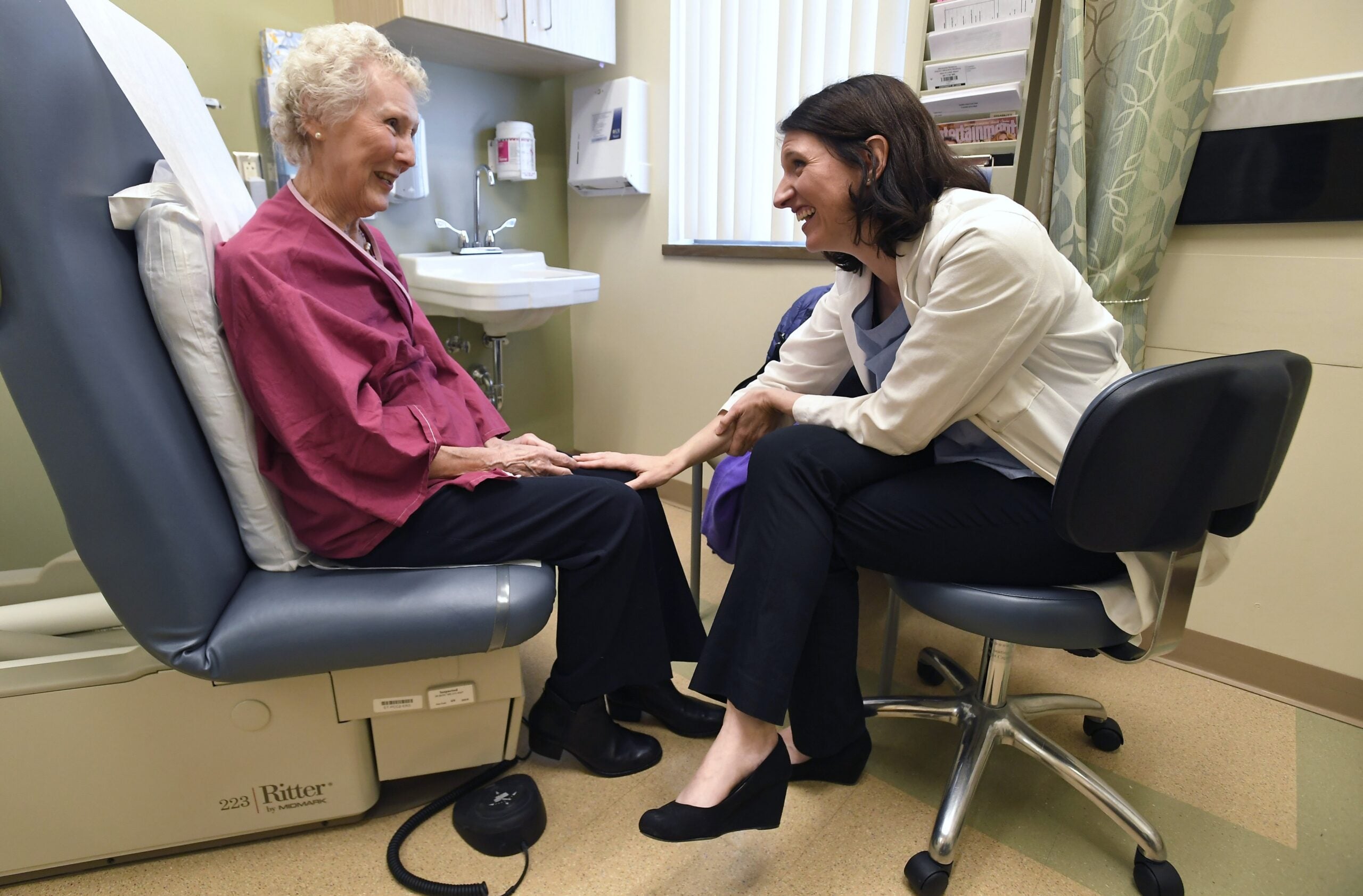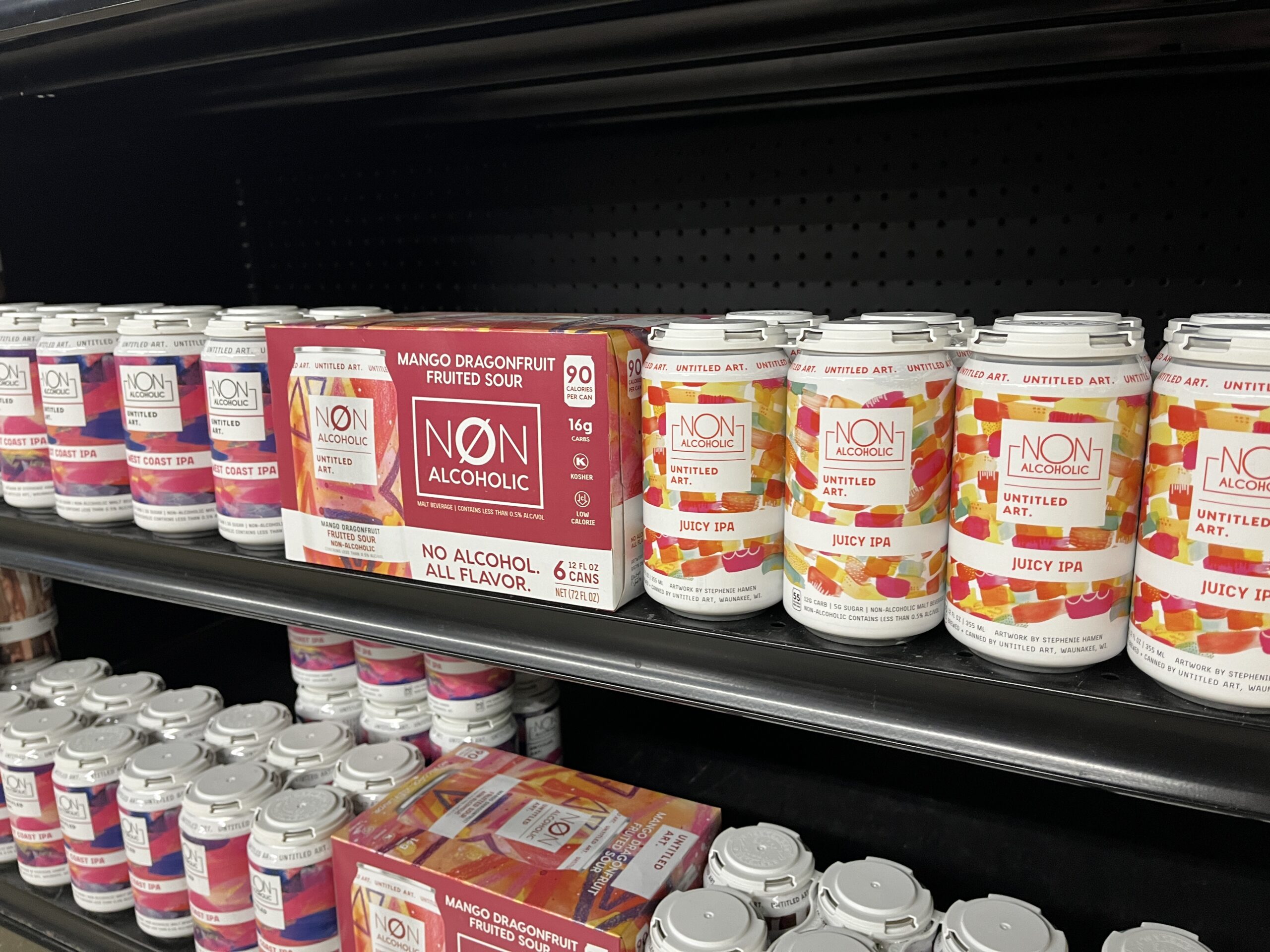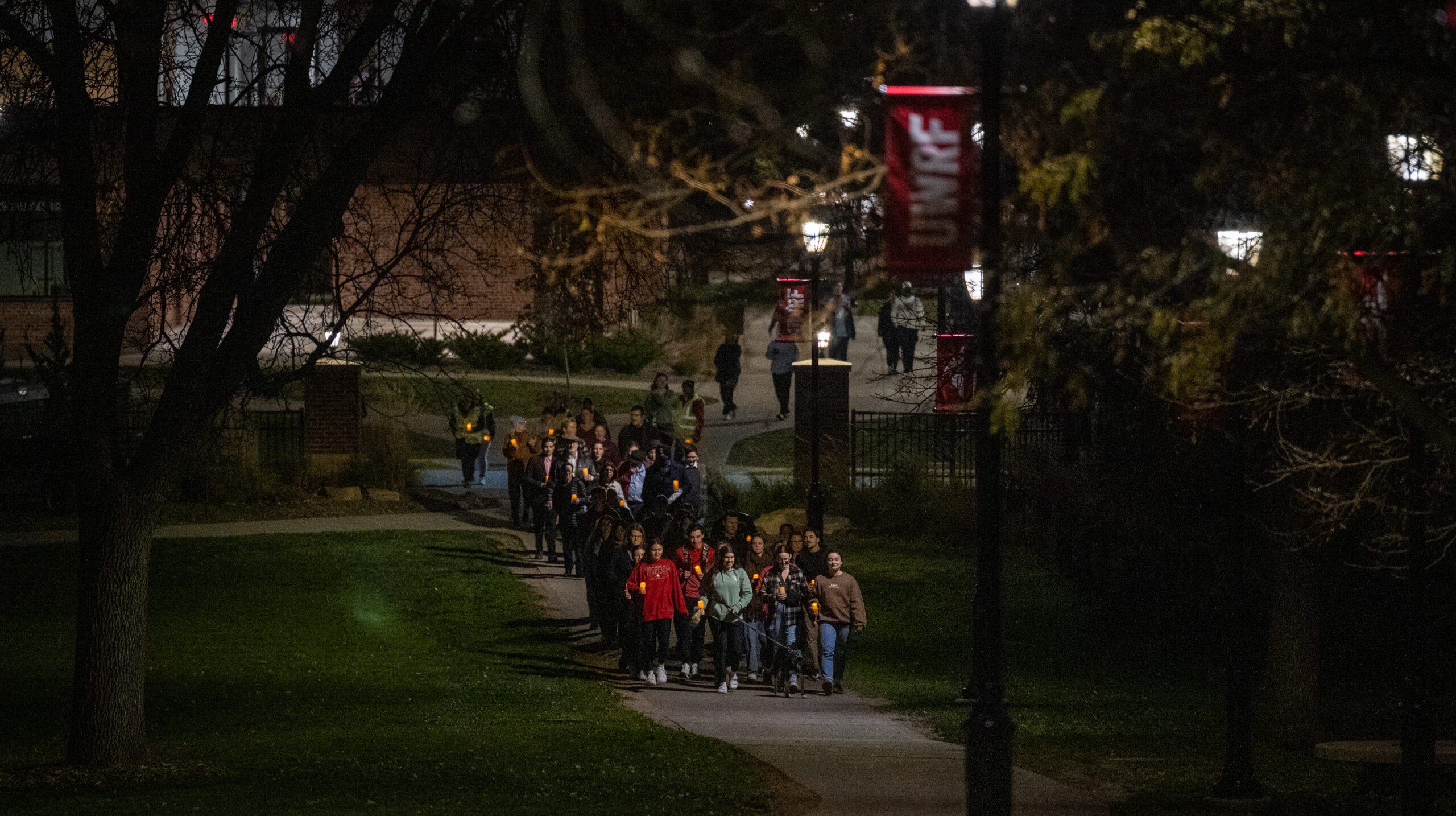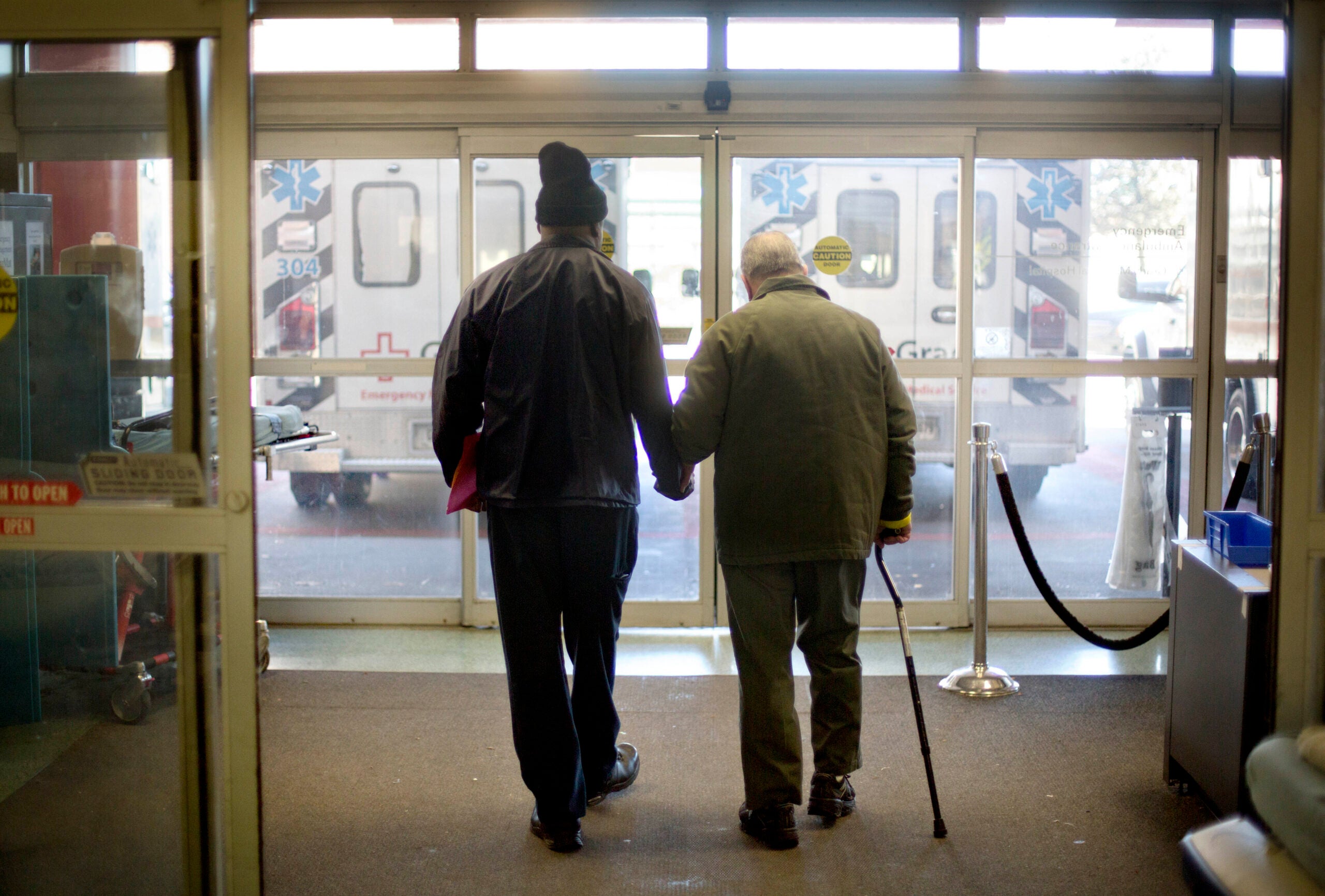About this time of year, I think of falls. Not fall, the season, but falls.
Why? With the days getting shorter, the nights getting longer, my eyes getting worse, my balance a bit off — certainly more off than when I was in my 20s — falling is a concern. Or, more precisely, not falling.
This is a big thing for anyone over 65, because a fall can mean assisted living for the rest of your life, or even death. One out of four seniors who fall die within two years. That’s not from the fall, per se, but from the complications such as pneumonia, urinary tract infections, etc.
Stay informed on the latest news
Sign up for WPR’s email newsletter.
More than that, a fall can mean spending the rest of your life being unable to do the things you like to do. Who wants that in those golden years?
I’d like to pause just a minute on that “golden years” phrase. It was started in 1959 as part of an advertising campaign for America’s massive large-scale Arizona retirement community of Sun City. The marketing geniuses wanted folks 55 and older to embrace a new way of living — staying active and staying away from those pesky young people. Like anyone under 55.
Now, for some, this way of life at that time in your life is truly blessed, there’s no doubt. But the idea that these are the best years of your life discounts those other years that were really great, too.
The advertisers wanted people to believe the future was golden. Well, if you have plenty of money, your health, no debt, enough funds to pay for your health insurance, your mortgage all paid up, then that sounds pretty swell to me.
But if you are younger than your golden years and, perchance, you are not happy with your life, don’t wait to get old to make a change. It’s not worth putting it off, and the golden years just might be right now. Perhaps a life change before you’re golden will give you riches in the present and the future.
But enough about that. On to fall prevention.
Most people spend more time thinking about which TV they’re going to buy than they do about safety. The first step is to sit down with a pencil and paper and make a list.
Do you have night lights around the house so when nature calls at night you don’t trip in the dark and fall? Are you safe in the shower? Do you need grab bars — good grab bars? What about a shower chair with arms? Do you have non-slip shower shoes? The bathroom is a most common place for serious accidents to occur.
Do you have throw rugs around the house? You might need to toss them out or put them away so they don’t become a tripping hazard. And check your staircases. Are there solid railings on both sides to help steady yourself going up and down? You know what my mom said: “Two railings are better than one.”
How about outside spaces? Are they well-lit with safe steps? We just put in new LED bulbs to brighten things up around our house. You can, too. Those puppies last a long time.
Go through every space you visit in your home life — inside and out — and check off what you might need to adult-proof your house.
When it comes to falls, it only makes sense that balance is an issue. If you’re wobbly, you might need an assistance device such as a cane or a walker. Or you might just need to take a tai chi or yoga class to improve your balance.
In our area, there is a remarkable program called “Only Leaves Should Fall.” It’s held at senior centers all over the place. People can come in, get evaluated, get educated and learn balance exercises. If you’re a senior, call your local senior center to see if there is such a class in your area.
Now, one more step. There are those among us who need a walker or cane and don’t use it. Why? Because they’re too darn stubborn or they don’t think they need it. Or, more likely, they’re too darn vain.
I have patients every day in my office who wobble in. I ask them if they need a cane or a walker and they often reply that it’s at home.
If you need one, get it. If you have one, use it. If you wonder whether you would benefit from one, you probably would.
My spin: Last year alone, 30,000 seniors in the U.S. died from falls, a 30 percent increase from 2007. The time has come to take action — action you can take without a co-pay. Stay well.
Wisconsin Public Radio, © Copyright 2024, Board of Regents of the University of Wisconsin System and Wisconsin Educational Communications Board.






